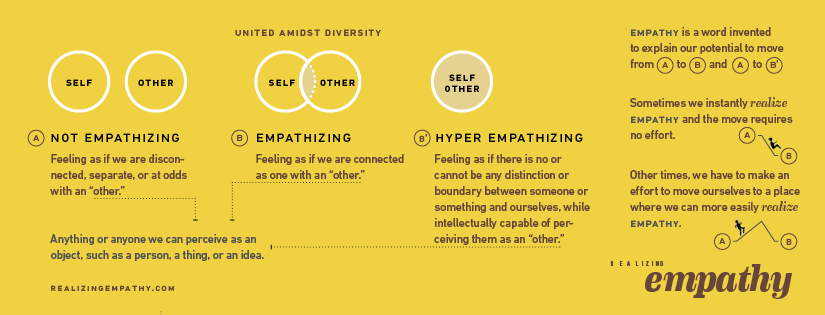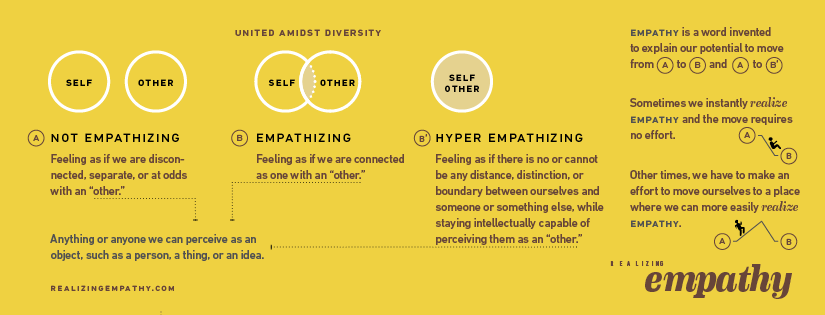There was a period in my 20s, where it was as if “Human-Centered Design” was my family name.
In other words, “Human-Centered Design” was a significant part of my identity. So much so that I felt an implicit sense of responsibility on my shoulders. To the degree that I took “Human-Centered Design” as if it were as serious as the continuation of my own family’s reputation & lineage.
Although… It wasn’t like “Human-Centered Design” behaved like Darth Vader who went “I am your father~” (You know?) So one could wonder why I had felt the way I had felt.
Well, after realizing empathy with my past self, I realized that one of the most important needs I had was to feel a sense of belonging. Without a sense of belonging, I had found it difficult to withstand the pain of loneliness and confusion.
To be clear, I wasn’t aware of this back then. At the time, my conscious thought kept claiming that I was merely trying to “(positively) change the world.” Given the popularity of the phrase “change the world” in the late 90s and early 2000s, this is as cliché as it can get. But I was sincere.
At the same time, what I also see now is that I valued the experience of contribution. I felt alive when I could see that I was contributing to someone’s life. I also see that I had a need to shed the seemingly less-than-worthy identity of a “student.” I had a need to belong to a seemingly more significant and meaningful tribe. A tribe which could bestow upon me a more worthy identity. A tribe to which a number of older pioneers also belonged. Pioneers who made me feel the love and validation that I needed, but couldn’t feel in relation to my own father. All of these lay underneath my subconscious.
This isn’t to say that I think I was wrong to have felt the way I did or to have pursued “Human-Centered Design.”
No.
In fact, I cherish and take pride in my 20s.
I did the thing that brought life into my existence. That was amazing! I also did what I believed would fulfill my unconscious needs. Did it work? Unfortunately not. But I did do my best. And that’s enough for me to cherish and take pride in my 20s.
At the same time, I do find it important to admit that I had not yet attained the requisite maturity back then to confront the eventuality of our humanity. The vulnerable existence we are, once we get to know ourselves, despite how strong and stoic we may try to come across at first. Especially since today is my 42nd birthday.
Because what we do not admit stays in our subconscious. What we do admit rises up into our conscious. And it is only at that point we can design our relationship to and interaction with them.
The need to belong and to feel like we matter is a critical component of the human condition. It is as normal as gravity. There is no shame in such admission. In fact, the earlier we admit and attempt to understand it, the more we become capable of design. The design of our thoughts and behaviors. In contrast to becoming a slave to our suppressed emotions and unfulfilled needs.
In my research, I had learned that art, despite looking like a journey of creating things, is ultimately a journey of creating relationships. Relationships from which value, meaning, language, and identity emerge. Entrepreneurship is very much the same.
On the surface, entrepreneurship may seem like a journey of mere product and service innovation. But ultimately, entrepreneurship is a journey of innovating our relationships. Relationships to our customers, investors, board members, employees, co-founders, or even our so-called “self” and our family. These are all part of the same trail we are blazing.
I know many of you on this list are on your own journey of relational innovation. For some of you, I am also an explicit participant in your journey. So I want to take this time to tell you how proud I am of you all. Not for having achieved certain things or to have done great deeds. But for your willingness to admit what most would not dare admit. For your willingness to attempt to understand what most would not bother to understand.
Our humanity, that is.
Thank you.
I love you.
I’m proud of you.
Slim
August 19th 2019

